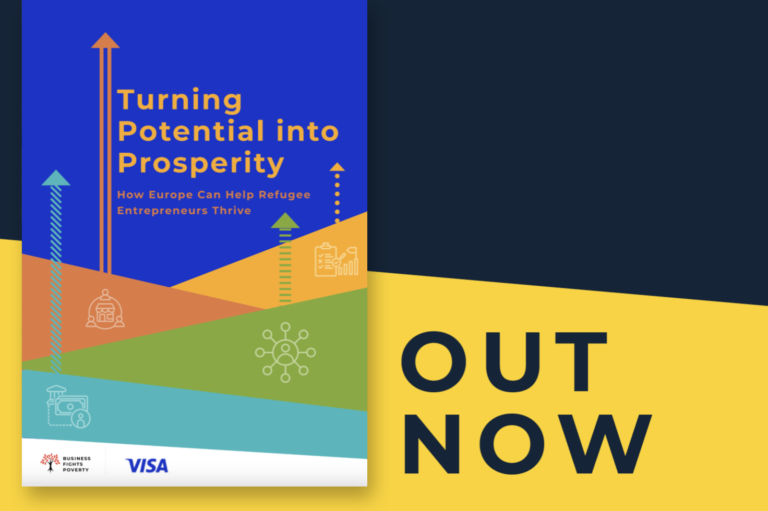Home » Videos

What do we mean by "Videos"?
Sub-topics within this category

Business Fights Poverty is proud to be a Founding UK B Corp.
© 2023 Business Fights Poverty.
The Business Fights Poverty logo and tree device are registered trademarks.